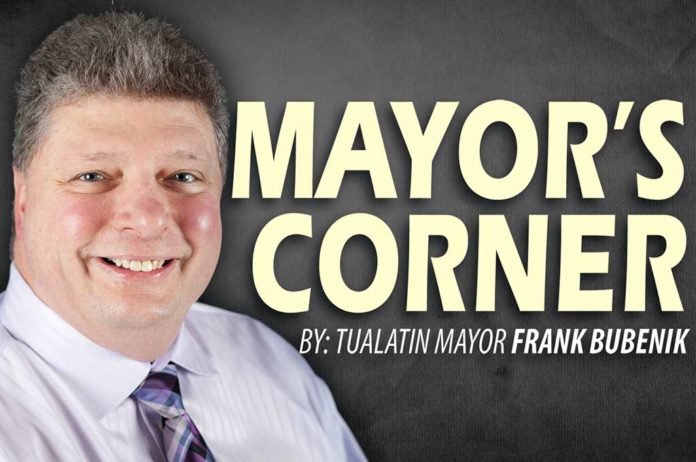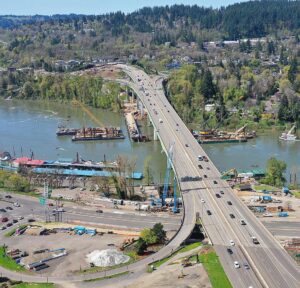Urban Mobility Strategy Finance Plan Update
Per the Oregon Department of Transportation, the Urban Mobility Strategy (UMS) is a comprehensive approach to make travel safer and more predictable in the Portland area by reducing traffic with tolls, addressing major highway bottlenecks, and making strategic multimodal transportation investments. Governor Kotek directed ODOT to provide her with an updated finance plan for the UMS by July 1, 2023, when she delayed tolling. ODOT released the updated finance plan on Monday, 6/26/23, for review/approval by the Oregon Transportation Committee (OTC) on 6/28/23. As you can see, there was not much time for the public to review the plan to give feedback to the OTC before it heads to the governor’s desk.
Impacted cities and counties have been requesting this basic financial information from ODOT for over three years. It seems that it has only been made public because of the governor’s mandated pause on toll collection and request for a revenue plan. The last-minute disclosure of the plan appears to be a continuation of an ODOT culture that does not work to build partnerships with local jurisdictions. Those partnerships will be necessary to create a balanced plan with regional buy-in.
Tualatin and our regional partners are resisting the plan to initiate tolling without a revenue-sharing agreement with cities and counties. Revenue sharing has worked well with the 50/30/20 (state/county/city) gas tax split, but it has not been part of the tolling discussion. We are resisting because we also need long-term funding to pay for our local transportation systems and to replace the gas tax. We need to pull together as a state to identify additional funding sources beyond tolling to complete bottleneck projects and to fund the many other projects needed to complete and improve the safety of our transportation systems.
Based on the financial information the OTC advised ODOT staff to move forward with finishing construction on the Abernethy Bridge, tolling at the bridge to repay the cost of construction, and indefinitely postponing phase two of the project (additional lanes on I-205). ODOT’s indefinite delay of phase two of the I-205 project, yet to toll the Abernathy bridge section prior to and in addition to the congestion pricing on I-5 and I-205, increases concerns about tolling. Inequities, traffic diversion onto local streets, and decreased safety will only be compounded with no additional capacity.
I-205 continues to be the one location throughout the entire region with no parallel facility (existing or planned) that could provide a no-cost/no-toll option or even a connected/viable transit, pedestrian or bikeway option. The removal of the third lane from the future of I-205 only exacerbates the safety and travel experience for local people going to shopping, school, medical appointments and work.
You can review the financial plan at: tinyurl.com/25p7aa8k.





















